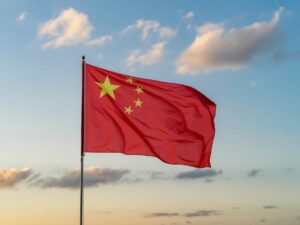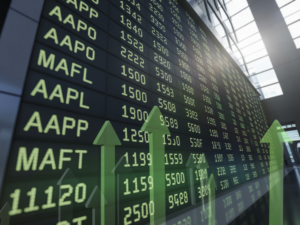Inflation eases, South Korean experiences steady economic recovery
South Korea’s government will focus on supporting people’s livelihoods and managing risk factors as it lowered the country’s GDP forecast for 2024 and raised its inflation forecast. In its biannual economic policy plan released on Thursday, the finance ministry said it expects the economy to grow 2.2 percent in 2024, down from 2.4 percent in […]
South Korea’s government will focus on supporting people’s livelihoods and managing risk factors as it lowered the country’s GDP forecast for 2024 and raised its inflation forecast.
In its biannual economic policy plan released on Thursday, the finance ministry said it expects the economy to grow 2.2 percent in 2024, down from 2.4 percent in July. This follows a 1.4 percent expansion in 2023, which was a three-year low.
The ministry forecast a 2.6% rise in consumer prices this year, up from its previous forecast of 2.3%. Prices rose 3.6% in 2023.
“The economic recovery will be stronger (than last year) amid improvements in global trade and demand for semiconductors. But there will be difficulties in domestic demand and people’s livelihoods due to persistently high inflation and interest rates,” the ministry said.
While managing potential risk factors, the government will primarily focus on economic recovery for ordinary people, it said.
South Korean exports of semiconductors rose a third month in December as chip demand rebounded, boosting hopes that the economy will rebound on the back of semiconductor exports.
The country’s central bank, in an ongoing battle against slowly easing but still high inflation, has kept its benchmark interest rate at 3.5%, the highest since late 2008, since its last increase in January 2023.
According to the Treasury, inflation, which was 3.2 percent in December, is to be brought down to 2 percent in the first half of 2024 through further policies including tax and duty cuts and a freeze on public utilities.
In order to boost consumption, the government plans to increase the tax exemption on credit card spending and continue efforts to attract more foreign tourists, including the exemption of visa issuance fees for group tourists from China and other Asian countries.
For businesses, the department announced new temporary tax cuts for investing in R&D, while extending existing tax breaks for investing in equipment through the end of 2024.
To prevent a credit crunch for developers and real estate projects, the ministry said it will expand liquidity support measures if necessary. Concerns about the construction sector were raised last month when a mid-sized builder applied for debt restructuring.




